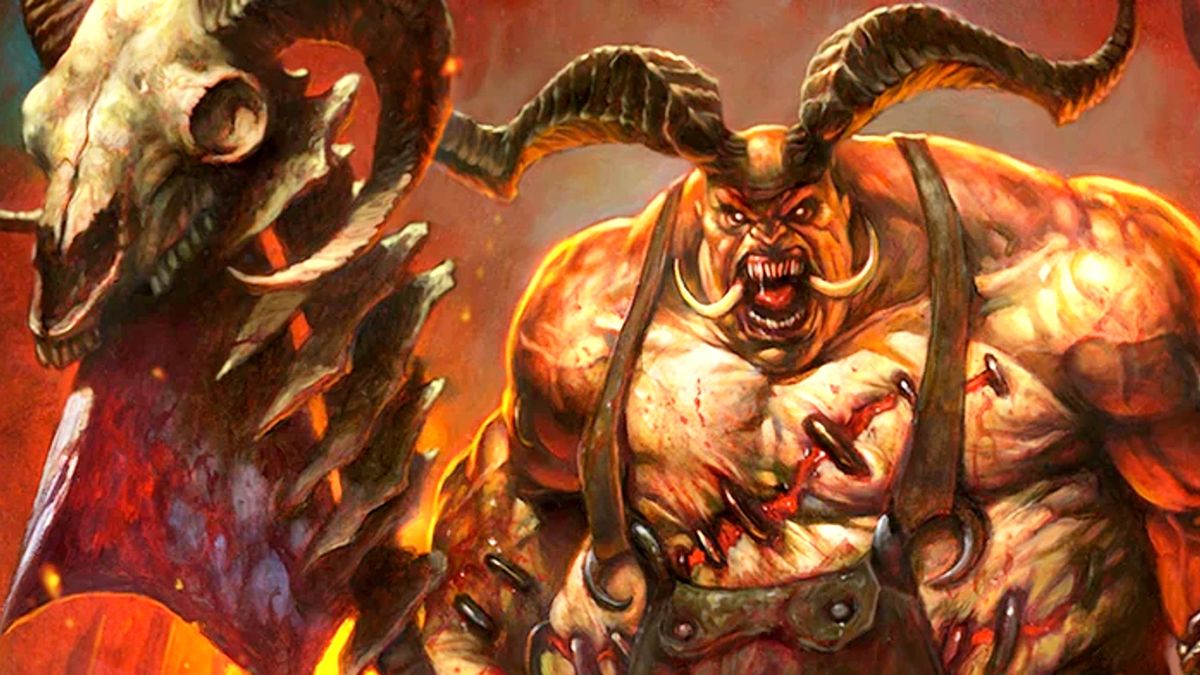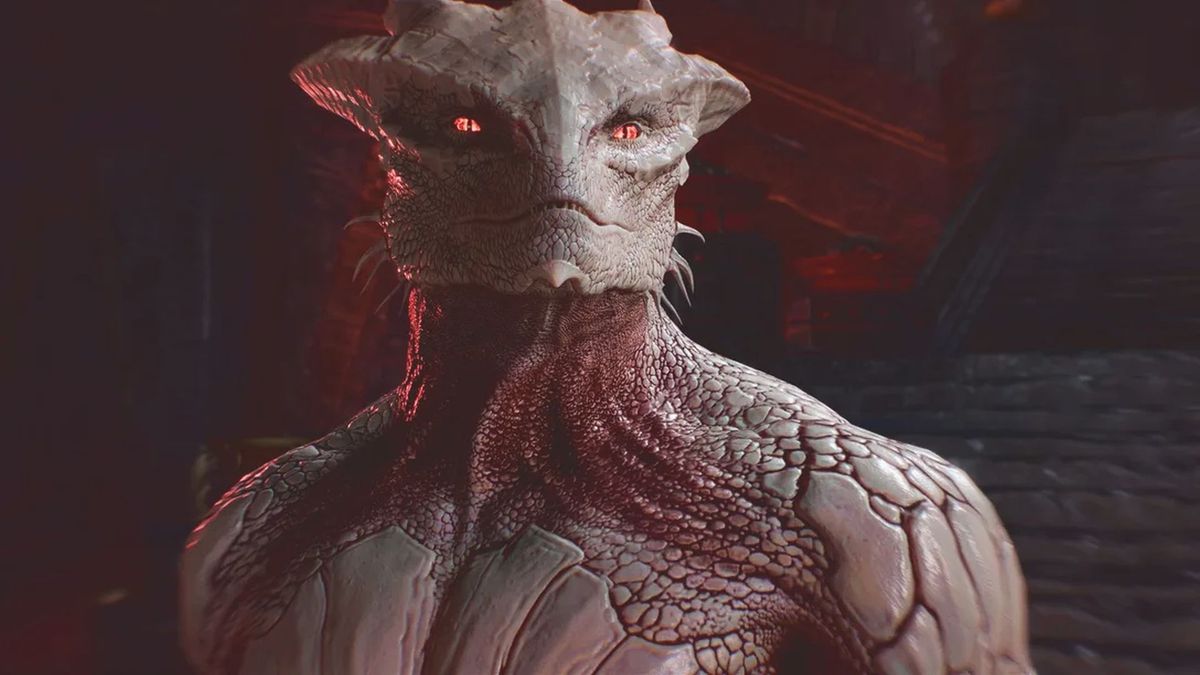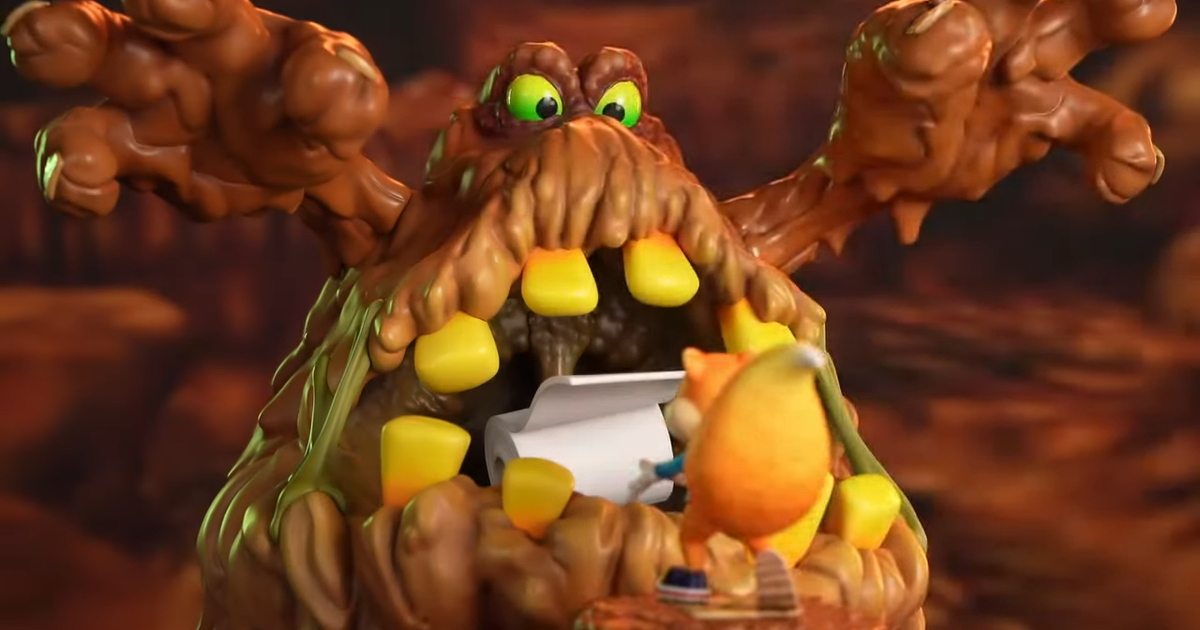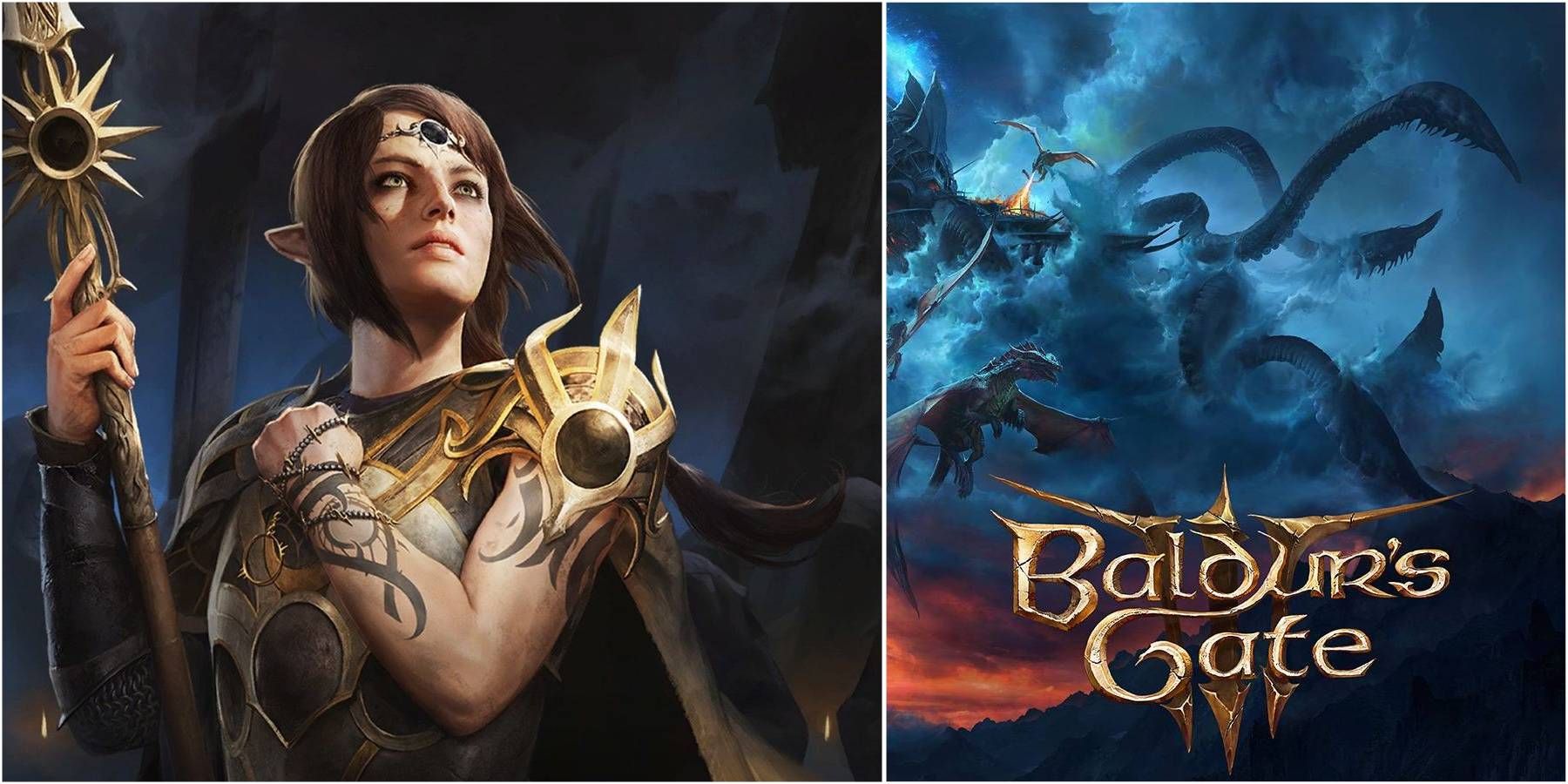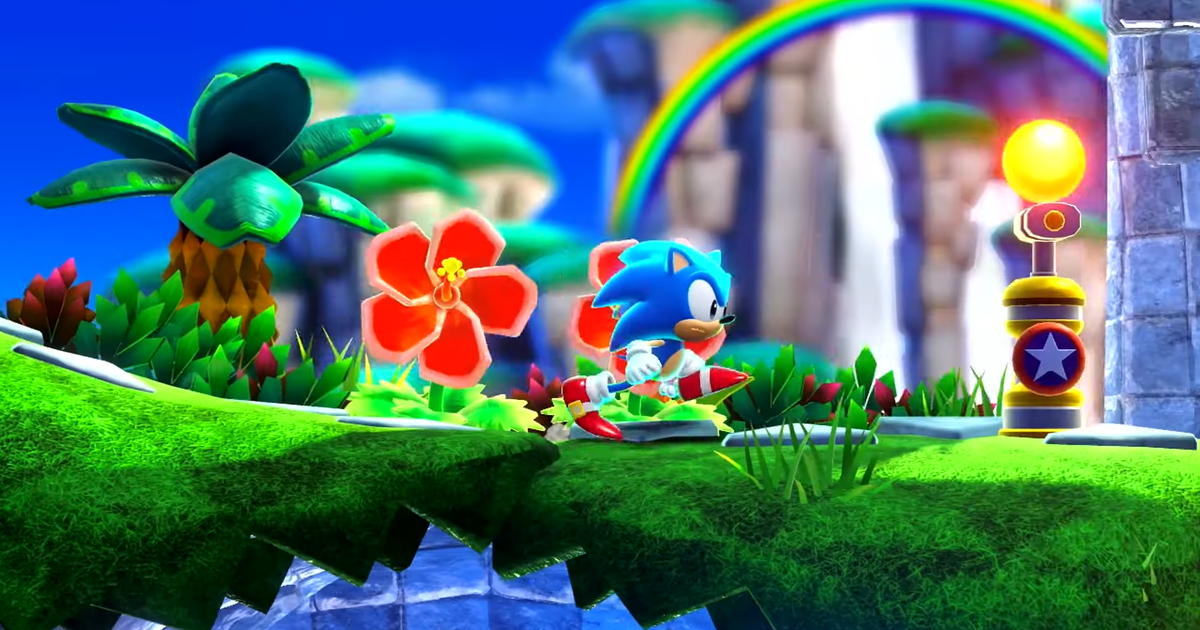Why are game doppelgangers so scary? We asked an expert.
Why are game doppelgangers so scary? We asked an expert.
Embracing the Shadows: The Terrifying Fascination with Doppelgangers in Games

I had a moment the other night while playing The Legend of Zelda: Tears of the Kingdom, where sheer, white-hot dread consumed me and caused me to drop my Switch console in my lap. Now, you might think I was facing off against the fearsome King Gleeok or Queen Gibdo when it happened, but it was something far more innocuous. Link’s shadow. Yes, that’s right. The elongated shadow cast by our plucky hero in the golden rays of the setting sun. And for a brief moment, my mind conjured up images of Dark Link, and my stomach sank. Why do we find doppelgangers in games so scary? Let’s explore.
When it comes to unsettling mirror images, games have certainly delivered. From Dark Link in Ocarina of Time to Evil Shepard in Mass Effect 3, doppelgangers that lean towards the dark side are downright horrifying. It seems our fear of these duplicates stems from our unconscious awareness of our own shadow selves. As Professor Michele K. Lewis puts it, “Perhaps this fear of the doppelganger villain in video gaming stems from humans’ unconscious awareness of their shadow self.” We’re constantly faced with our hidden sides, and seeing them reflected in a game can be unsettling.
Revenge seems to be a common theme in games, and it’s no surprise that doppelgangers play a role in this obsession. In games like Elden Ring and The Last of Us, we’re drawn to the concept of retribution. Professor Lewis suggests that our fear of doppelgangers could be tied to our primal instinct for survival. In today’s world, our fears extend to deep fakes and artificial intelligence taking over our lives. These anxieties translate into our fear of the familiar. Dr. James Hollis describes this phenomenon as our “shadow self,” the parts of us that we repress or choose not to acknowledge. In games, we’re often forced to engage in questionable acts, which makes us uncomfortable when faced with our own reflection.
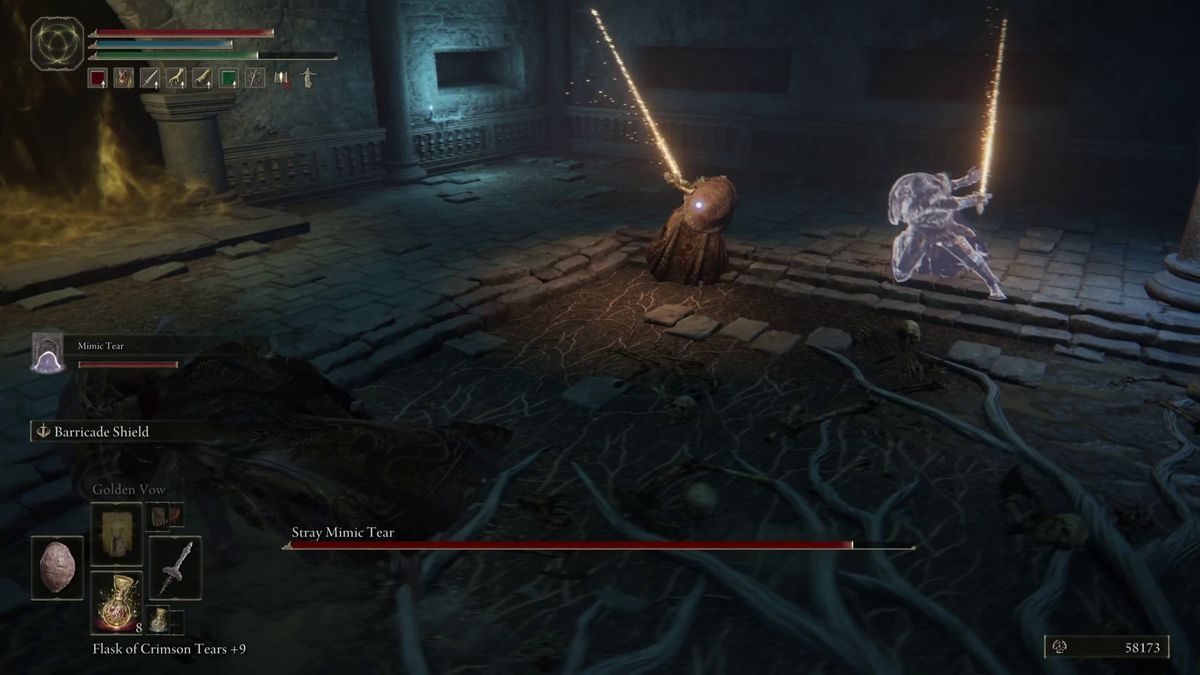
But what about when doppelgangers are on our side? In games like GTA Online, where a doppelganger of your customized avatar appears, dressed exactly like you, it’s a chilling experience. However, there are rare instances where mirror images can be a force for good. Take Elden Ring, for example. I would be lost without my Mimic Tear Spirit Ashes – a perfect copy of my Tarnished avatar. This duplicates my stats, armor sets, weapons, and magic spells. Having a copy of ourselves as an ally can be a huge source of inspiration.
According to Professor Lewis, our fascination with doppelgangers as allies can be explained through Carl Rogers’ Humanistic Theory. Rogers believed that individuals are healthier when there is consistency between their ideal self and actual self. Creating, seeing, or manipulating an avatar or doppelganger that embodies our ideal self makes us feel good. It’s a way for gamers to explore their heroic side and align it with their true selves. As long as our ideal self obsession isn’t completely divergent from reality, there’s no cause for concern.
- Barbie’s Ending, Explained
- Fortnite: Bender’s Shiny Metal Raygun – Location and Fu...
- Cyberpunk 2077 Dev Announces Layoffs
In conclusion, doppelgangers in games strike a deep chord within us. They reflect our hidden fears and desires, sometimes scaring us to the core. Whether they embody the dark side or stand as a heroic reflection, they are a source of both terror and inspiration. So embrace the shadows and immerse yourself in the captivating world of doppelgangers.
Looking for more unsettling adventures? Check out our pick of the best horror games.
